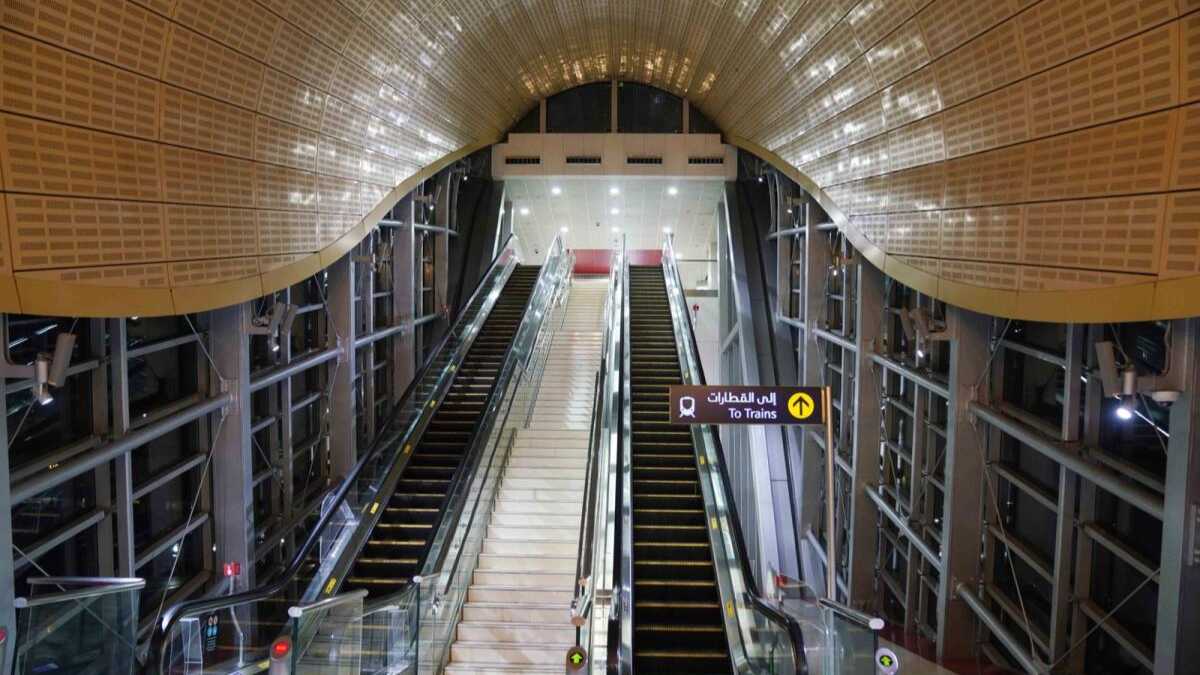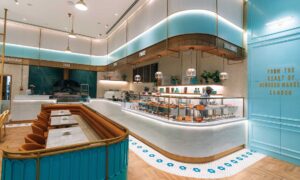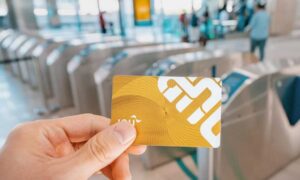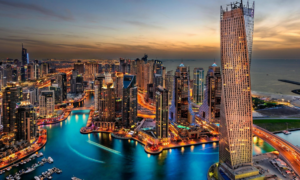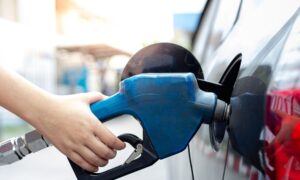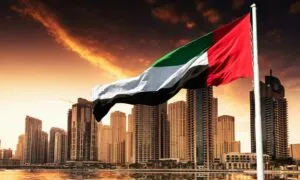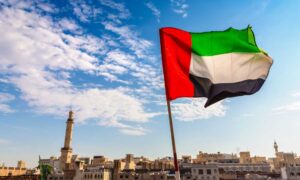Dubai’s Roads and Transport Authority (RTA) has embarked on a transformative journey towards sustainability through its pioneering energy conservation initiatives. Completing its energy conservation project’s first and second phases marks a significant milestone in Dubai’s quest to become a global leader in sustainable urban development. Let’s delve into the details of RTA’s innovative LED lighting projects and their profound impact on energy efficiency and environmental preservation.
RTA’s Energy Conservation Project: An Overview
Dubai’s RTA has undertaken a comprehensive energy conservation project to revolutionise its transportation infrastructure. At the heart of this initiative lies the deployment of energy-efficient LED lighting systems across metro stations and facilities. With a focus on reducing energy consumption and carbon emissions, RTA’s endeavors align with Dubai’s ambitious sustainability goals outlined in its integrated energy strategy.
The Role of LED Lighting in Energy Conservation
LED lighting stands as a beacon of sustainability in illumination technology. Unlike traditional lighting fixtures, LED lights boast unparalleled energy efficiency, converting 95% of energy into light while minimizing heat wastage to a mere 5%. This makes them ideal for large-scale projects like Dubai’s metro stations, where energy conservation is paramount.
Key Objectives of RTA’s Energy Conservation Project
RTA’s energy conservation project is multifaceted, with the following key objectives driving its implementation:
- Energy Efficiency Enhancement: By transitioning to LED lighting systems, RTA aims to significantly enhance energy efficiency across its infrastructure, reducing overall electricity consumption.
- Carbon Footprint Reduction: Through adopting sustainable practices, RTA seeks to mitigate carbon emissions associated with traditional lighting technologies, contributing to a cleaner and healthier environment.
- Cost Savings and Economic Benefits: The deployment of energy-saving LED bulbs translates into substantial cost savings for RTA, bolstering its financial resilience and fostering long-term economic sustainability.
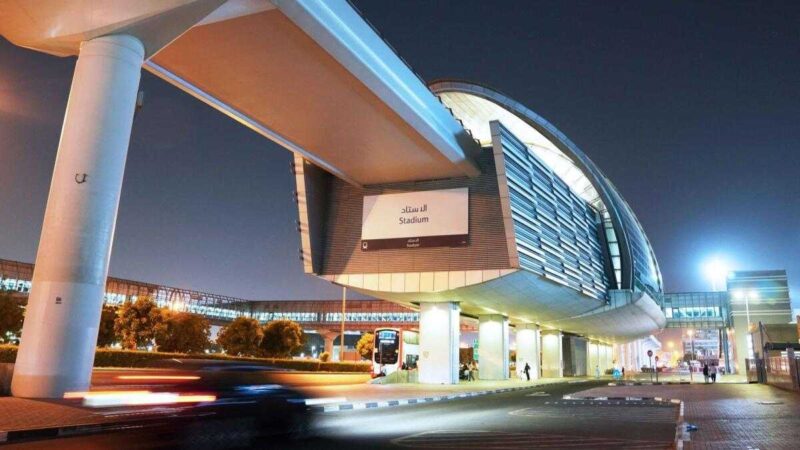
Unveiling the Success of Phases One and Two
RTA’s energy conservation project has successfully completed its first and second phases. Let’s explore the highlights of these pivotal stages and their tangible impact on energy savings and environmental preservation.
Phase One: Pioneering Energy Efficiency
In 2021, RTA initiated the first phase of its electricity consumption saving project, heralding a new era of energy efficiency in Dubai’s transportation sector. Replacing traditional lighting units with energy-saving LED bulbs marked a monumental stride towards sustainability.
Phase Two: Sustaining Momentum
Building upon the success of the inaugural phase, RTA swiftly transitioned to the second phase of its energy conservation endeavor. With a focus on expanding LED lighting installations, RTA further solidified its commitment to reducing energy consumption and carbon emissions.
Achievements and Milestones
The culmination of phases one and two underscores RTA’s unwavering dedication to sustainability. Through meticulous planning and execution, RTA saved millions of kilowatts of energy and significantly reduced carbon dioxide emissions, setting a precedent for sustainable urban development worldwide.
Charting the Course for Phase Three
As RTA sets its sights on the future, the third phase of its energy conservation project promises to usher in a new era of innovation and sustainability. Let’s unravel the intricacies of this upcoming phase and its potential impact on Dubai’s urban landscape.
Project Scope and Timeline
The third phase of RTA’s energy conservation project encompasses installing energy-efficient lighting units in parking lots and associated facilities. With 5% of the work already completed, RTA remains steadfast in its commitment to achieving sustainable transportation solutions.
Environmental Implications and Benefits
Upon completion, phase three is poised to yield substantial environmental benefits, including significant carbon emissions and energy consumption reductions. By embracing cutting-edge LED lighting technologies, RTA continues to lead by example in environmental stewardship.
FAQ
Q: How do LED lights contribute to energy conservation?
A: LED lights offer unparalleled energy efficiency, converting 95% of energy into light while minimizing heat wastage, reducing overall electricity consumption.
Q: What are the key objectives of RTA’s energy conservation project?
A: RTA’s project aims to enhance energy efficiency, reduce carbon emissions, and achieve cost savings by deploying LED lighting systems.
Q: What milestones have been achieved in phases one and two of RTA’s energy conservation project?
A: Phases one and two witnessed the successful installation of energy-saving LED bulbs, resulting in significant energy savings and carbon footprint reduction.
Q: What is the timeline for the completion of phase three?
A: Phase three of RTA’s energy conservation project is expected to be completed by the end of the year, with notable progress already underway.
Q: How do LED lighting systems contribute to sustainability?
A: LED lighting systems offer long-term sustainability benefits, including reduced energy consumption, lower carbon emissions, and extended lifespan compared to traditional lighting technologies.
Q: What is the significance of RTA’s energy conservation initiatives for Dubai’s future?
A: RTA’s energy conservation efforts are pivotal in shaping Dubai’s sustainable urban development trajectory, showcasing its commitment to environmental stewardship and innovation.
Conclusion
In conclusion, Dubai’s Roads and Transport Authority’s energy conservation project represents a paradigm shift towards sustainable urban development. By leveraging LED lighting technologies and embracing environmentally conscious practices, RTA is paving the way for the city’s greener, more resilient future. As phase three unfolds, the journey towards sustainability continues, with RTA at the helm of transformative change.

